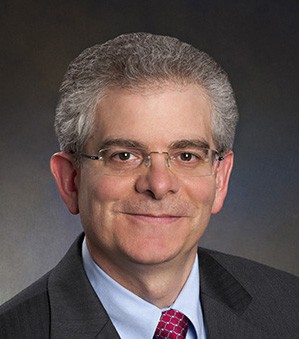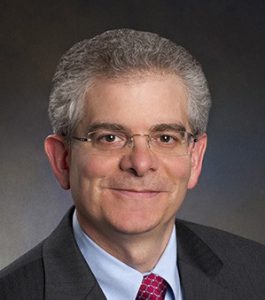In many communities, the shortage of primary care doctors is becoming an increasingly serious concern. Among these areas is Lansing, Michigan, where a shortage of primary care physicians has resulted in long wait times and difficulty accessing healthcare.
“… the length of time it takes people to get into primary care. I think that’s a real issue.”
Melissa Riba
Carol Thompson of the Lansing State Journal notes that according to CHRT Research and Evaluation Director Melissa Riba, “over 80 percent of Michigan’s primary care doctors indicated they could take new patients” and 87 percent of patients “said they could get primary care fairly easily.” However, Thompson notes “Physicians might say they can accept new patients, but that doesn’t mean they can accept them soon.”
Riba has heard similar anecdotes of patients who say they struggle to find a doctor to suit their healthcare needs, and “[W]hatever shortage patients feel now likely will get worse within the decade.,” writes Thompson. The article goes on to point out “In CHRT’s Michigan Physician Survey, about 45 percent of the physicians surveyed indicated they would retire and close their practices within 10 years.”
It is evident that the shortage of primary care doctors in Lansing, Michigan presents a significant challenge to residents seeking health care. Long wait times and difficulty accessing health services can delay diagnoses and give poorer health outcomes. It is encouraging to see that efforts are being made to address the shortage. Primary care doctors play a major role in providing preventive care, managing chronic conditions, and coordinating medical care. To improve healthcare outcomes for all residents, we must address the shortage of these healthcare professionals.
READ THE LANSING STATE JOURNAL ARTICLE HERE


 Eighteen Detroit Health Department staffers graduated this week after completing a 14-week certificate program in public health policy, health and human services integration, program evaluation, community coalition-building, and more. This was the second cohort of Detroit Health Department staff members to complete the curriculum. The pilot training program, made possible with funding from U-M Poverty Solutions and the DMC Foundation, was designed and launched in collaboration with Detroit Health Department administrators.
Eighteen Detroit Health Department staffers graduated this week after completing a 14-week certificate program in public health policy, health and human services integration, program evaluation, community coalition-building, and more. This was the second cohort of Detroit Health Department staff members to complete the curriculum. The pilot training program, made possible with funding from U-M Poverty Solutions and the DMC Foundation, was designed and launched in collaboration with Detroit Health Department administrators. 
 “How do we better support primary care so we have viable numbers of primary care physicians for the future?”
“How do we better support primary care so we have viable numbers of primary care physicians for the future?”



 In 2018, with support from
In 2018, with support from 





 Dental care is a vital component of overall health, yet it remains a challenge for many individuals, especially those who rely on Medicaid for their healthcare needs.
Dental care is a vital component of overall health, yet it remains a challenge for many individuals, especially those who rely on Medicaid for their healthcare needs.
 ER overcrowding is a significant challenge facing healthcare providers in Michigan. In Bridge Magazine’s Health Watch series, Ted Roelofs looks at how a federally funded project — administered by
ER overcrowding is a significant challenge facing healthcare providers in Michigan. In Bridge Magazine’s Health Watch series, Ted Roelofs looks at how a federally funded project — administered by 
 Medicaid expansion has been a subject of ongoing debate and analysis since its inception. While it has undeniably led to improved financial conditions for hospitals, the question remains: at whose expense? Today, we will delve deeper into the NPR article titled “Hospital Finances Improve After Medicaid Expansion, But at Whose Expense?” and explore the complex dynamics at play.
Medicaid expansion has been a subject of ongoing debate and analysis since its inception. While it has undeniably led to improved financial conditions for hospitals, the question remains: at whose expense? Today, we will delve deeper into the NPR article titled “Hospital Finances Improve After Medicaid Expansion, But at Whose Expense?” and explore the complex dynamics at play.